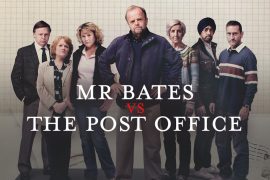

Meet Hollywood Suite Film and Content Specialist Cam Maitland (above right) and Archive producer Alicia Fletcher. These two don’t just love movies, they study them, curate them, restore them, write about them, teach them, host screening and panels about them and occasionally pop up on Hollywood Suite to talk about them.
Maitland, from Edmonton, has a filmmaking degree from Simon Fraser University and has been in content creation for over a decade. He’s also hosted events for Hot Docs and Warner Bros. and consulted on several film-related marketing initiatives. He’s been with Hollywood Suite since 2016. He and Fletcher are producers on Suite’s A Year in Film.
Fletcher, originally from Portland, Ore., has two Masters degrees in film from The University of Toronto and worked on restoring silent film classics at Eastman House in Rochester, New York. She has programmed and curated at The Revue Cinema in Toronto as well as for TIFF Cinematheque. She recently curated “Funny Girl: The Films of Elaine May” for the Toronto International Film Festival.
I spoke with both recently via a video conferencing call. What follows is a slightly edited record of that free-flowing, film buff friendly conversation:
Do you remember your first time in a theater? What was the first movie you saw or even the first one that made you really fall in love with movies?
Cam: I grew up in Edmonton and my dad took me to the Princess Theatre, which is kind of the big old movie house there, and they were showing Three Stooges movies. So, I remember going to a Three Stooges festival when I was really young. I kind of got it – it was like Looney Tunes. I remember really enjoying the experience of it all, I’d never really been in a theatre like that.
advertisement
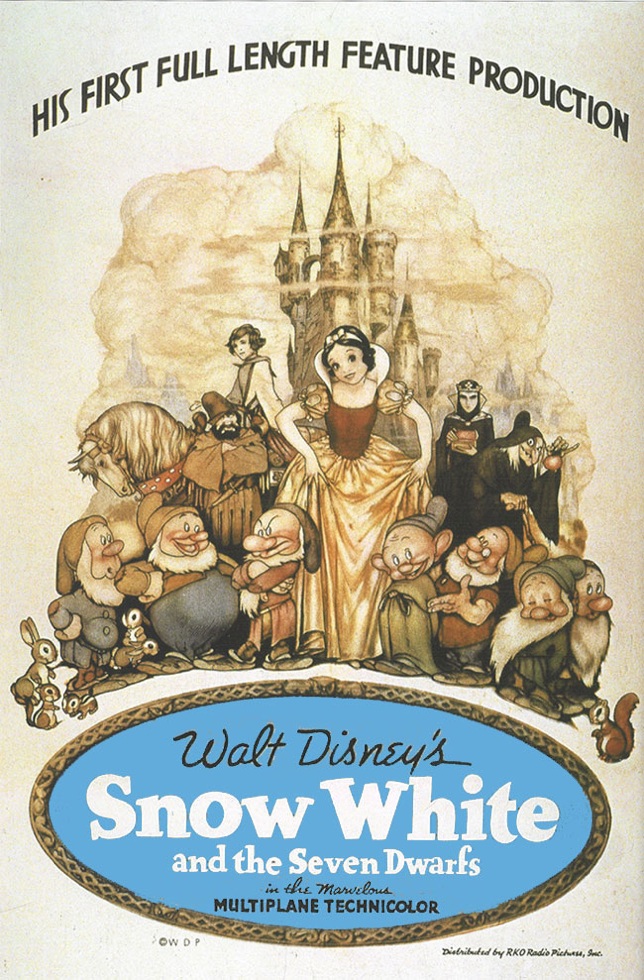
Alicia: I would have been three-and-a-half, I think — I only know because of the year it was released — but my mom took me to see the 1987 re-release of “Snow White and the Seven Dwarfs.” It would have been the 50th anniversary, because they had just re-released it. We had just moved to Canada from Portland, Oregon. I remember it being very, very scary and joyless. I love it now as a piece of art, as the first, full length animated film. But as a three-and-a-half year-old, to have something that dark and terrifying, it was a real jolt.
Alicia, you’re a silent film enthusiast. Where did you develop that interest?
It was just through studying film. It started in my first Masters degree, studying film at the University of Toronto. It developed more so when I started studying film restoration at the George Eastman house in Rochester, New York. They have a vast silent film collection. I lot of the films I was working on were silent and a lot of the people who were training me were, not just like silent film enthusiasts but they were renowned historians; Kevin Brownlow and people who had written “the books.” One of my jobs was to digitize Louise Brooks’ journals – there was no other choice for me. And then that developed into silent film curation and more of the stuff I do now.
Do you have a favourite film from this century?
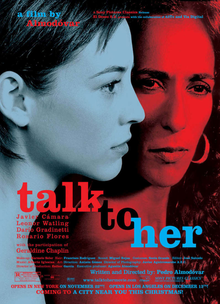
Cam: Now you’ve thrown me. My usual favourite film is old-timey too. My go-to is probably Pedro Almodóvar’s “Talk to Her” (2002). I’m a big foreign film guy, even through that doesn’t come out a lot in my Hollywood Suite work. But that was a film I was really inspired by when I was young. I love that one, it’s such a weird story. It’s not very PC, obviously it’s a lot of molesting women in comas. It’s just a really beautiful film.
Alicia: Mine’s probably smack dab from the year 2000, it’s “In the Mood for Love,” with Tony Leung and Maggie Cheung. It’s just one of the most beautiful films ever made. We talk a lot about it on A Year in Film on an upcoming season on Hollywood Suite. It’s kind of the film that unites every cinema lover. I’ve never actually met anyone who was like, “Eh – it’s okay.”
I usually answer “Lost in Translation,” except I think that actually was released in 1999. Speaking of A Year in Film, do you each have a year that you regard as film’s ultimate year?
Alicia: I think it’s 1999. “Lost in Translation” is just one great film that year. “The Virgin Suicides” came out in 1999; just the number of films that came out that year on the cusp of the 21st century is unbelievable. TIFF recently did a retrospective on 1999 and every single film was like, oh how could we not go see these?
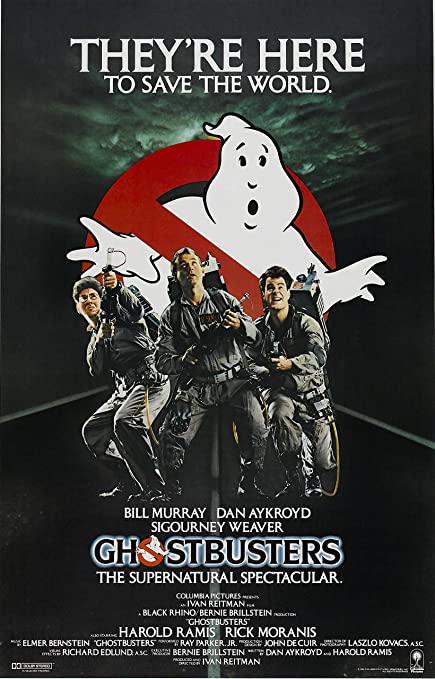
Cam: I’m a big genre guy, so I always think 1984 is pretty good. It’s got “Ghostbusters,” “Terminator,” “Gremlins,” “Nightmare on Elm Street,” “Romancing the Stone,” “Red Dawn” … I also think, and you probably agree with me Alicia, but from working on this series, you can pretty much make any year into the greatest year of all time.
Alicia: There’s stuff from the ‘70s that just has not been available until now. Cam and I are combing Russian YouTube and various ways of seeing these films. A lot of them are Canadian, too, which is mind-blowing to me. How many Canadian films from the ‘70s and into the ‘80s that have been completely written out of history? That’s been a really fun part of A Year in the 70s, being able to potentially share something like “The Silent Partner” or Canucksploitation films that have come out.
Canucksploitation films? Give me an example!
Cam: It didn’t make the series, but we talk a little bit about “Ilsa She Wolf of The S.S.”
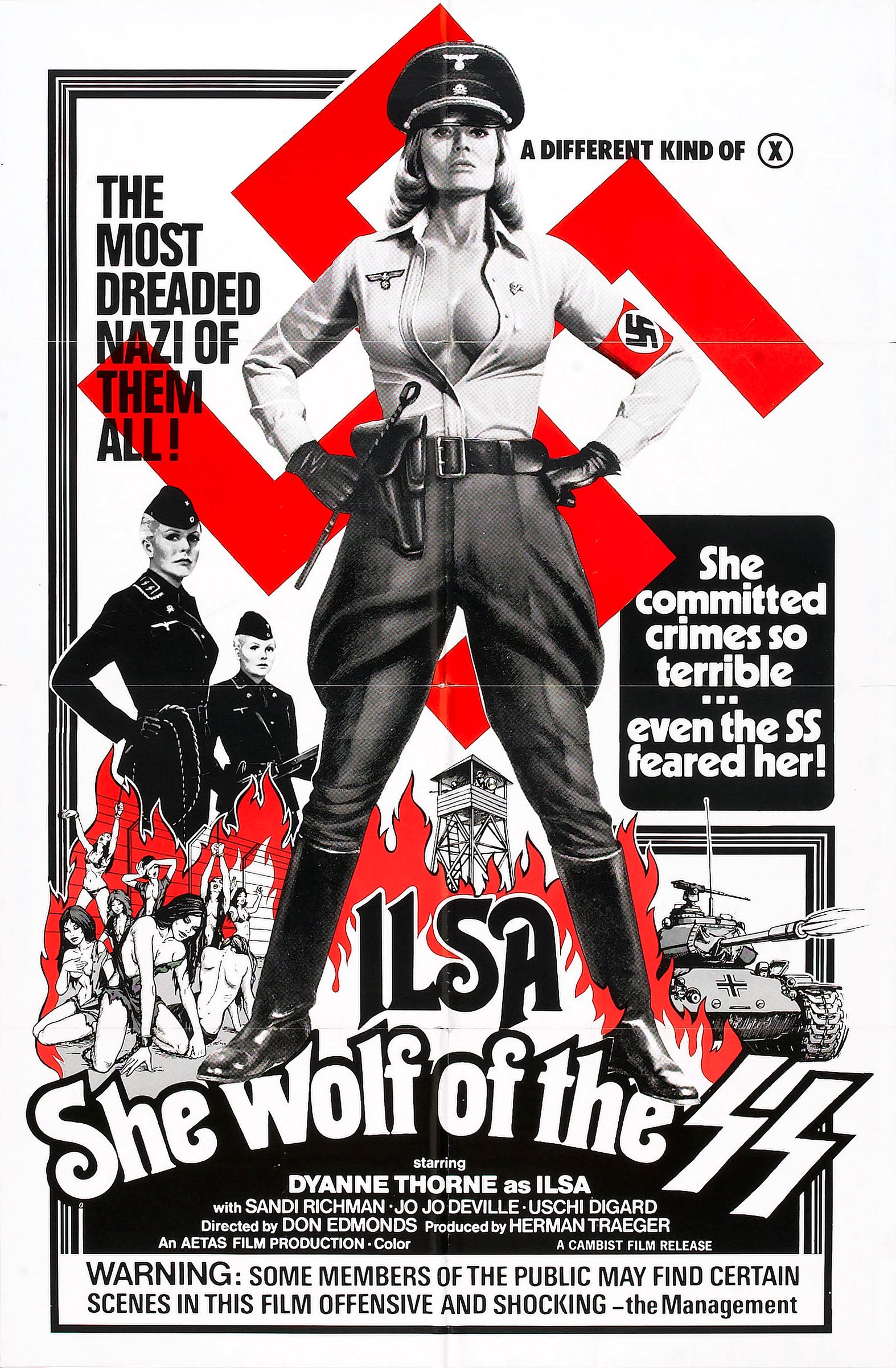
That was Canadian?
Yeah. Yup.
Be proud, Canada.
Alicia: I even emailed (the film’s titular star) Dyanne Thorne, who, up until her death (in January) was an ordained minister outside of Las Vegas in an Ilsa She Wolf of the S.S. Wedding Chapel.
What did they do at the Ilsa wedding chapel – promise to love, honor and dominate?
Cam: I don’t even know.
Alicia: From the photos it looked very S&M.
Let’s talk about your favourite Canadian film. Do you each have one?
Cam: Because I am an Alberta guy, I am a big “Waydowntown” (2000) promoter. I really like that film. I feel like it’s a very good, for its era — it’s kind of our Gen X, disaffected people movie and I think it holds up pretty well.
I also really love Denis Villeneuve’s “Maelstrom” (2000). I think it’s weird that it has sort of disappeared considering he’s such a hot ticket these days.
How about you Alicia?
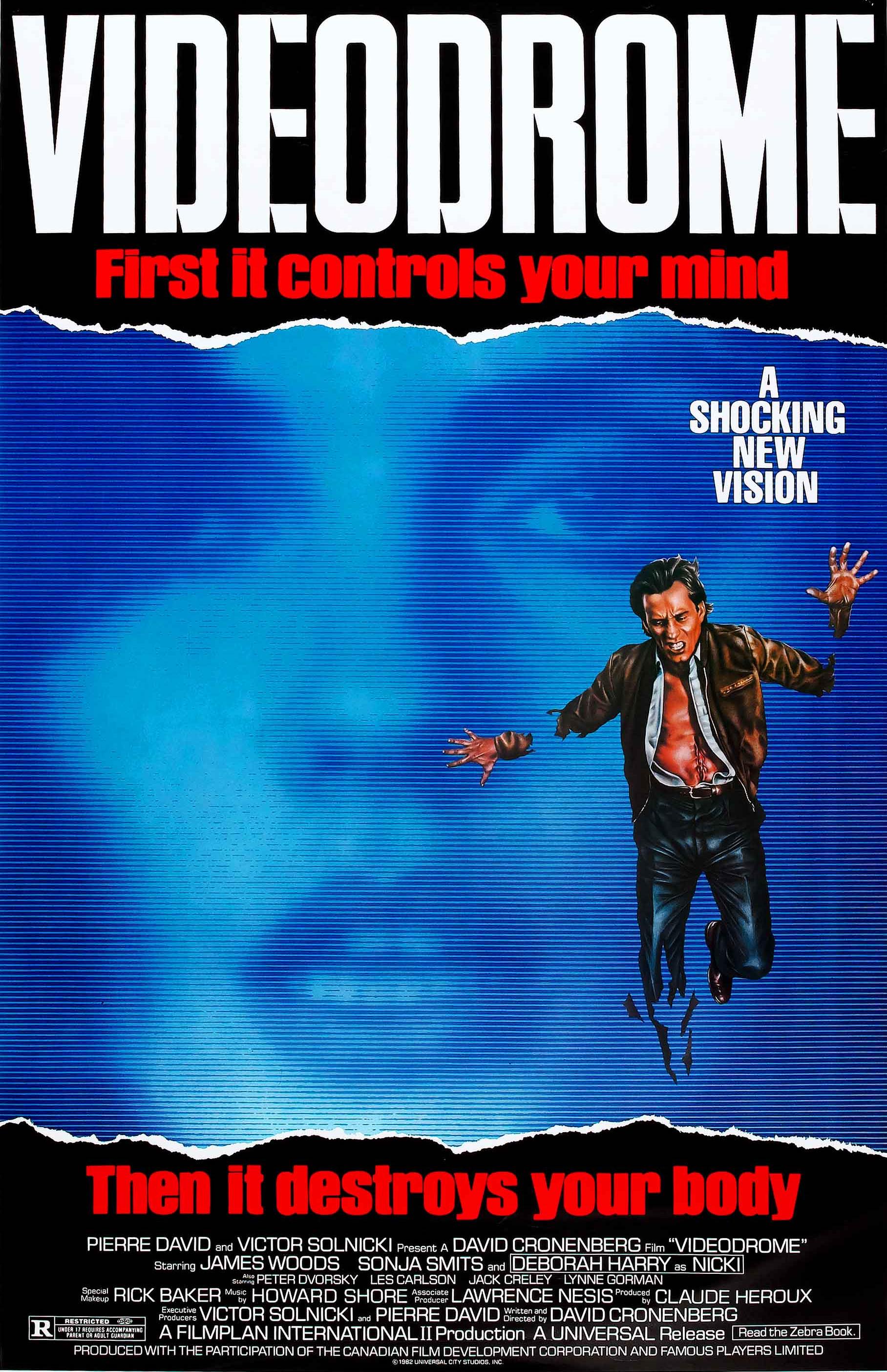
Mine might be a little too obvious but I really like “Videodrome” (1983). Also, just because it’s one of Cronenberg’s biggest failures in terms of…
Was it?
In terms of release and finances, almost tanked his career. If he didn’t have “Dead Zone,” which came out the same year, it would have been a very different career trajectory for him. The only way you could see it for a long time was on bootleg VHS’s. He finally found his own print in the mid-2000’s, which we showed at TIFF. It’s what Criterion used to restore it.There’s so much Toronto in it; Toronto looks so, so dirty.
Let’s talk a bit about Hollywood Suite. I’ve been watching it a lot lately. With many of us staying home and isolating it does seem like the perfect subscription for today.
Alicia: You do have a huge selection of films you can watch at any time of the day or night.
You market the service as “the best movies of the ‘70s, ‘80s, ‘90s and 2000’s.” Is there a decade that is the most popular choice?
Cam: It switches. Through our partnership with Amazon, a lot of the ‘90s is pretty popular. On broadcast, often the ‘80s is and I think the 2000’s do fairly well. There’s something to be said for the people who say, ‘Oh, yeah, I missed that movie.’ I think there’s always a hunger for that still.
Alicia: There’s also a lot of people who are personally saying thank you for the ‘70s channel. It’s mostly 70s, but it’s also 60s. “We’ve had Charlie Chaplin sometimes. The ‘70s is like this drawer you put everything into. The really, really ardent fans get very excited about the ‘70s because that’s the stuff that they haven’t seen for 50 years or they grew up on black and white films. It’s always nice seeing those emails from people touched by you know, Frank Capra films from 1934.
Do you see Hollywood Suite’s ‘70s channel in direct competition with Turner Classic Movies?
Cam: You can’t compete with them, partially. They are the experts. I think we try to explore some unusual parts of the seventies. Lesser known films. I think a lot of our classics stuff we try to go with those top classics’ classics.
Alicia: They also own their catalogue – they don’t have to pay for them.
Your films are just as uncut and just as high definition though, aren’t they?
Alicia: If you’re showing older films to, let’s say, a younger generation that didn’t grow up with them, you have a responsibility to show them the way that they looked back then. It’s kind of like silent film, when TV would show it, they’d speed it up and so this whole generation grew up thinking that very dramatic, Victor Sjostrom films are like Keystone Cops with people running. That destroyed the history of silent film for decades.
Alicia, do you have a favourite silent film?
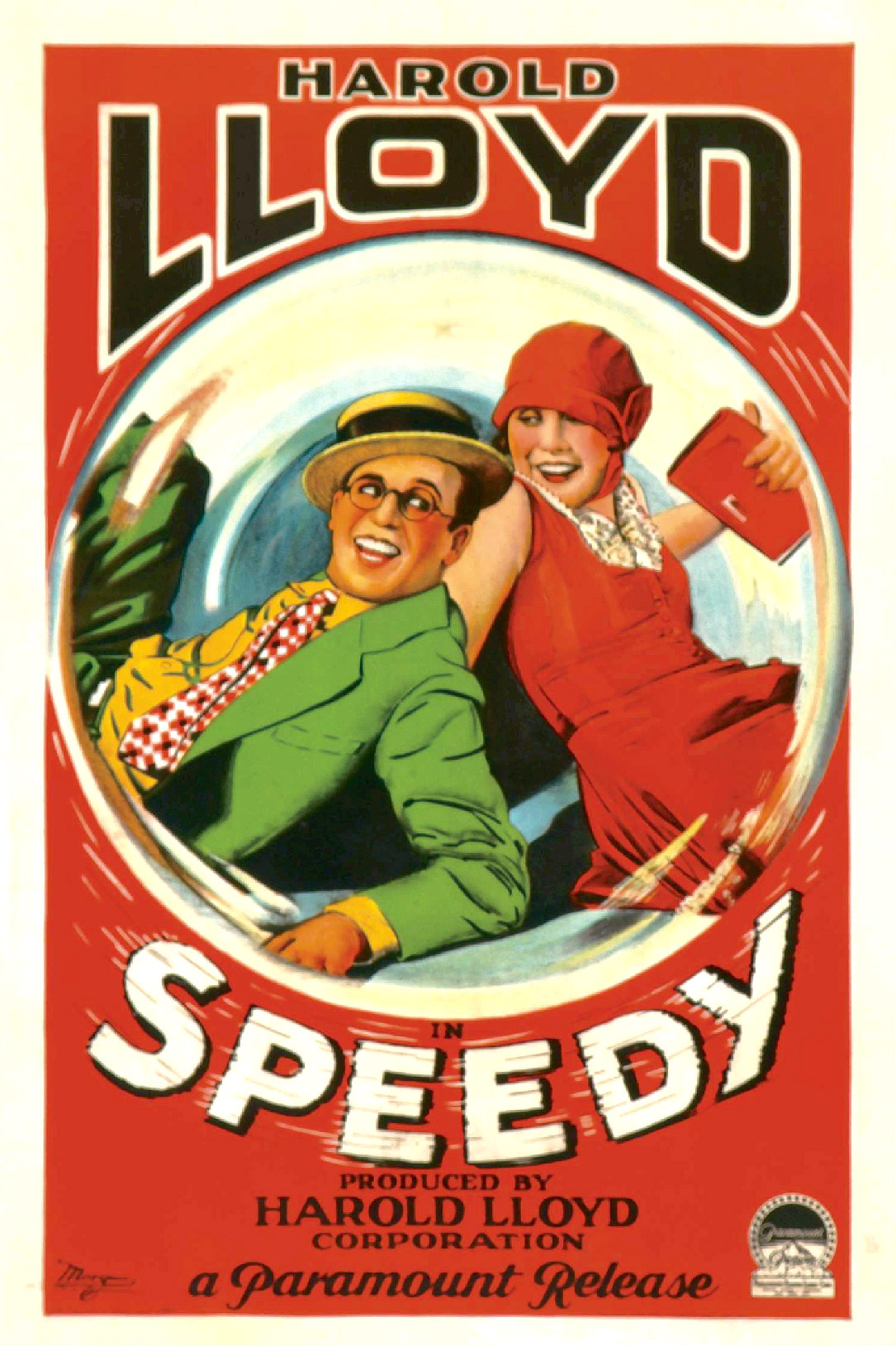
Oh, that’s hard. Silent comedy I can do. It’s probably “Speedy,” Harold Lloyd.
Chaplin, when you look at his feature filmography, it took him five years to make a film. Harold Lloyd had a hit every year. He was the most popular at the time among Chaplin, Buster Keaton and Lloyd.
Do you both have a favourite director?
Cam: I’m a foreign guy, so I love Kurosawa. Weirdly I love Robert Bresson a lot too. That makes me sound fancier than I am, but I’m also just as excited whenever there’s a new Tarantino, or Wes Anderson, or Paul Thomas Anderson or Greta Gerwig kind of thing. Love Edgar Wright movies.
Alicia: Definitely the ones Cam said. Right now, and she doesn’t have a long filmography, but if you count up all her screenplays, I’m really obsessed with Elaine May.
How about documentaries?

Alicia: I’m a huge fan of “Harlan County, USA” (1976). Barbara Kopple was the first female documentarian nominated for an Oscar. She’s still making films, she’s really a lovely person. When I teach, I always teach “Harlan County.” It’s about the coal strikes in the 1970s and the miner’s families. It’s a film that showed early on they can make a documentary that can actually create political change and change safety standards for workers.
Cam: There’s this one called “Wisconsin Death Trip” (1999). It’s based on a book about Jackson County, Wisconsin. There was a series of deaths there in the of turn of the century. It was shown at Hot Docs about ten years ago.
Are there certain films that just are better suited to a home screen than in a cinema?
Cam: I think the unfortunate truth is that people just cannot shut up in a movie theatre anymore. Although I will say I find it hard to watch silent films at home. I get too distracted, so I do like going to a theater for silent film, especially if someone like Alicia is programming it and there’s somebody playing the music.
I think movie theaters might survive, but I think not talking is over. I think the pandemic has killed not talking.
Does a film have to be a few years old to be shown on Hollywood Suite?
CAM: I think we do wait a couple. Or we’ll premiere things Canadian; we do produce things. I think we generally wait – 2017, 2018 is probably the cut off at the moment. Give it a couple of years.
Is there a most over-rated film?

Alicia: “Shawshank Redemption” (1994). I can always tell someone’s not really into film when they say their favourite film is “The Shawshank Redemption.”
CAM: I agree with that, and I think it’s partially because of cable TV – it played on cable all the time.
There’s been a re-assessment lately that “Clue” (1985) is a great movie – which I think is a lie.
What’s a “comfort” film you would recommend?
Cam: I love just banter-y kind of comedies so my usual go-to favorite movie is “The Apartment. (1960). It’s a little dark…
Alicia: It’s a suicide film!
Can: True, so my other pick is “Charade” (1963). Very charming.
Alicia: One we have right now on-demand is “Waitress” (2007). It stars Keri Russell and Nathan Fillion. It’s all about comfort food and it’s all about pies. It’s dark, but I love it. It’s my favourite film on Hollywood Suite right now.
Why should folks watch Hollywood Suite as opposed to other movie channel options?
Cam: Our programming team is great. Usually if you haven’t heard of something, it’s a hidden gem. Plus, at 9 p.m., there’s four channels. They all start a movie. You’ll find one out of the four. You can’t go wrong there.
Alicia: You can always go on demand and pick. But I like that aspect of kind of Russian roulette with Hollywood Suite. That you can just spin the wheel, pick a channel and discover a hidden gem.
Now the important question. What’s your favourite movie snack?
Alicia: Junior Mints. I love Junior Mints.
Cam: As I grow older, for some reason, I can’t really eat popcorn anymore, so I’ve become a big nachos guy.






